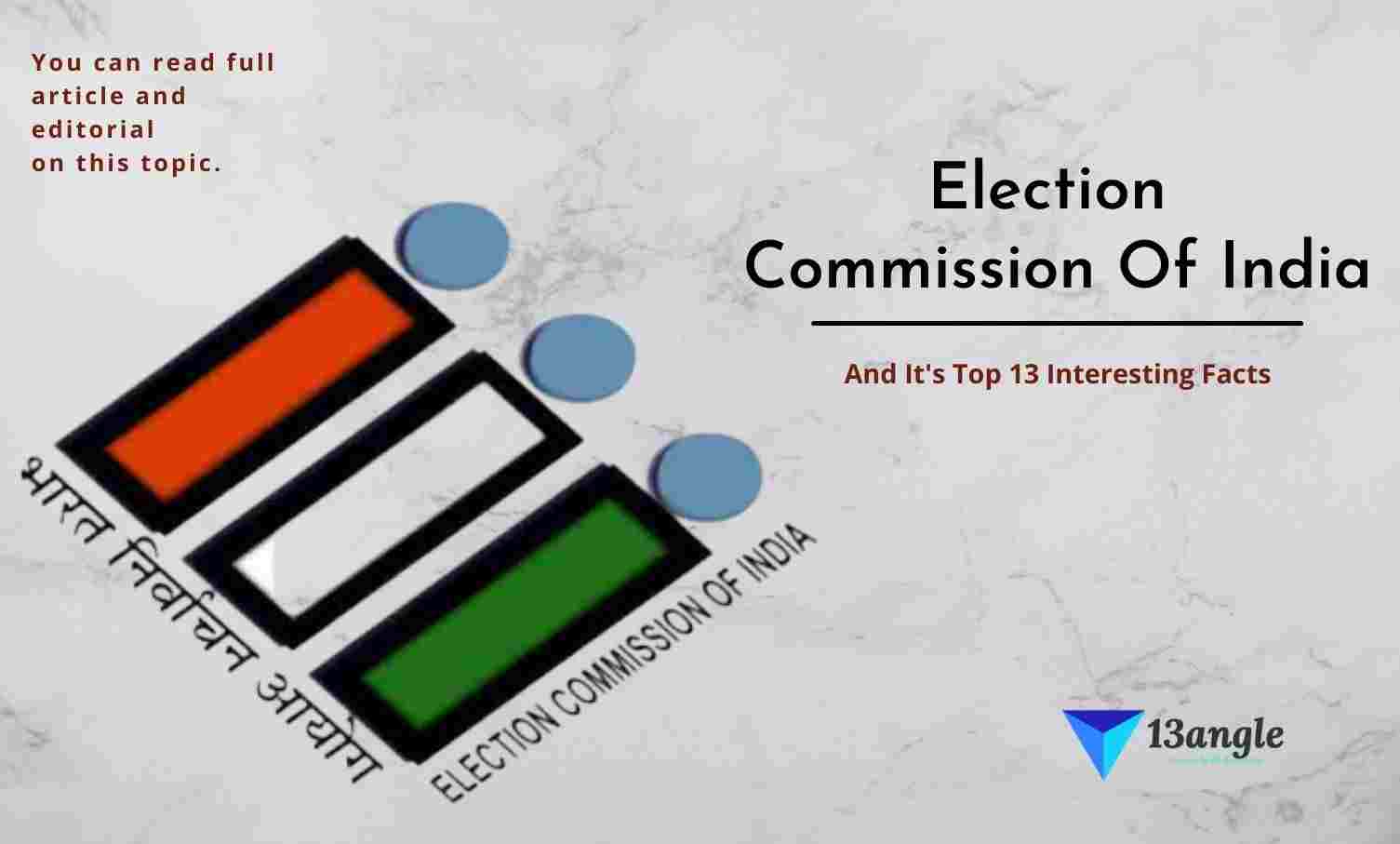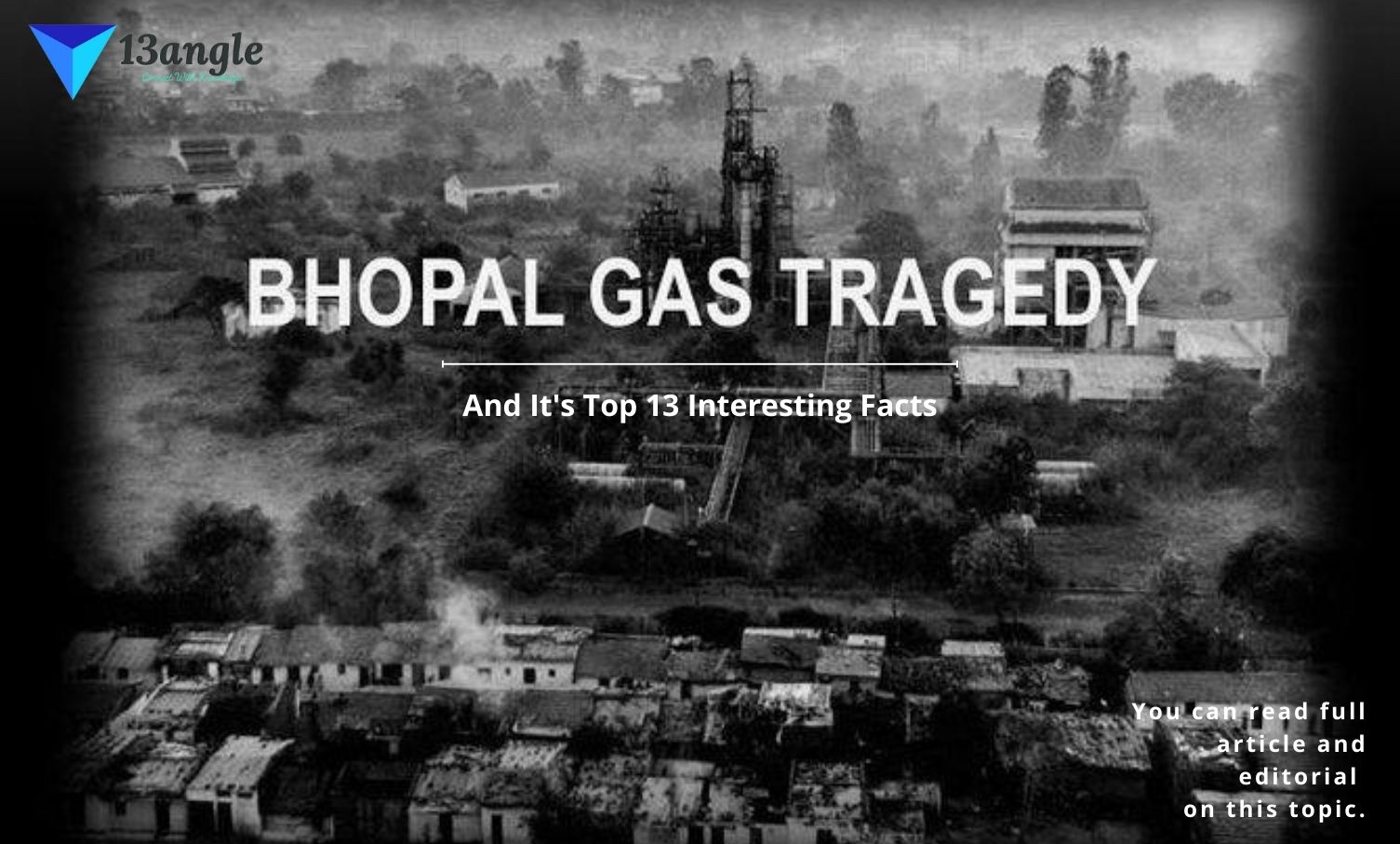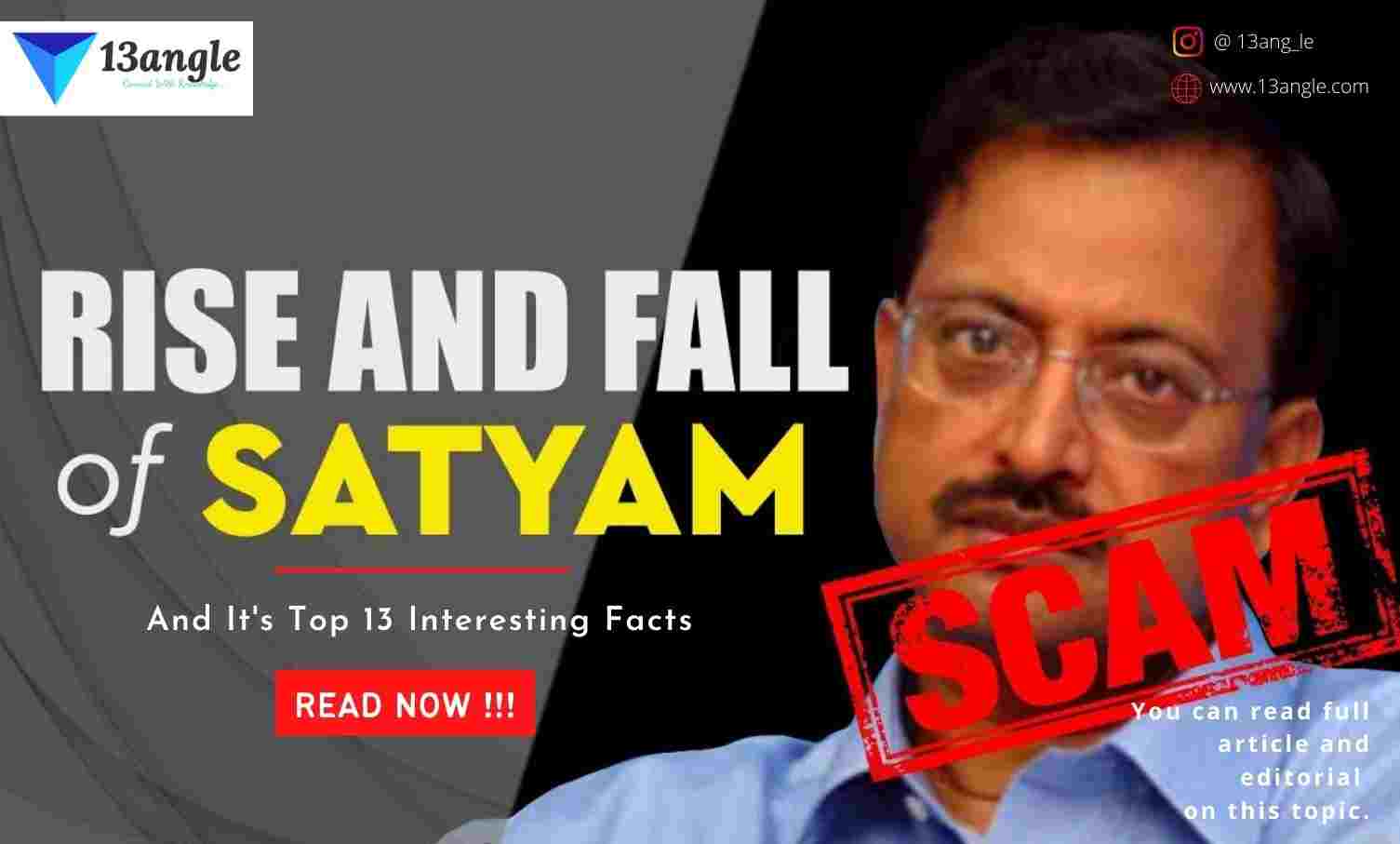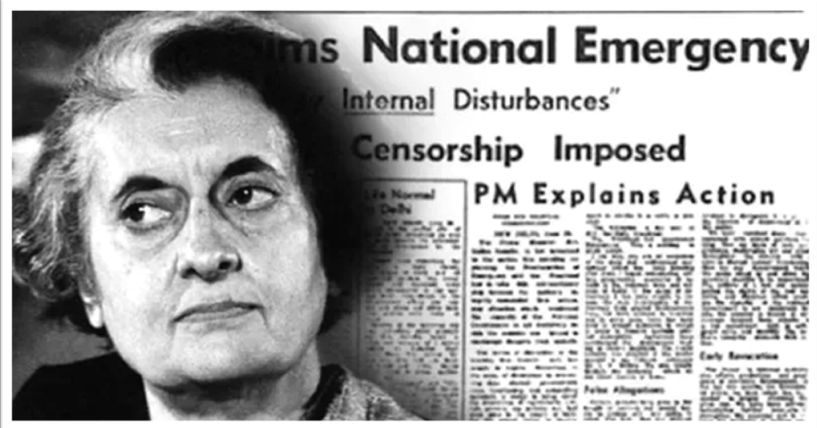
Introduction
In 1971, India conducted general elections for the 5th Lok Sabha, in which Indira Gandhi campaigned extensively for herself and her party, steering the Congress to victory by capturing 352 seats out of 518 seats in the polls. In the Rae Bareilly elections in Uttar Pradesh, Raj Narain, the leader of Ram Manohar Lohia’s SSP, ran against Indira Gandhi. Raj Narain was so certain in his election victory that he staged a victory rally before the results were announced. Raj Narain was devastated when he was defeated by a large margin in the elections. Raj Narain refused to accept the loss and filed an electoral nullification petition, accusing Indira Gandhi of utilizing fraudulent tactics throughout her campaign.
On April 24, 1971, he filed a petition in the Allahabad High Court, accusing Indira Gandhi of violating the election code enshrined in the Representation of the People Act of 1951, claiming that her election campaigns were aided by a large number of government officers, including the armed forces and local police. Raj Narain was devastated when he was defeated by a large margin in the elections. Raj Narain refused to accept the loss and filed an electoral nullification petition, accusing Indira Gandhi of utilizing fraudulent tactics throughout her campaign.
On April 24, 1971, he filed a petition in the Allahabad High Court, accusing Indira Gandhi of violating the election code enshrined in the Representation of the People Act of 1951, claiming that her election campaigns were aided by a large number of government officers, including the armed forces and local police.
Background

- Indira Gandhi filed an appeal after the Allahabad High Court pronounced Indira Gandhi’s election null and invalid due to unethical tactics. She was given a conditional stay since the Supreme Court was on vacation at the time. Following it, an emergency was proclaimed due to domestic unrest. Meanwhile, Indira Gandhi signed the 39th constitutional amendment, adding Article 392A to the Indian Constitution. According to Article 392A, the Prime Minister’s and Speaker’s election cannot be disputed in a court of law; instead, it may only be challenged before a committee created by the Parliament itself. As a result, the Supreme Court will not hear Indira Gandhi’s case. As a result, the constitutionality of the 39th amendment was questioned.
Constitutional Validity Of Clause 4 Of Article 329A
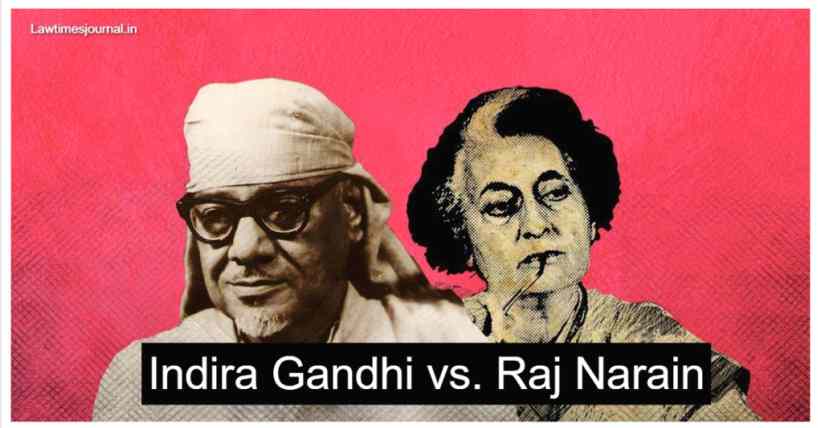
- In the Kesavanada Bharati decision, the Supreme Court established the fundamental structure concept. The theory of fundamental structure states that the parliament’s unrestricted ability to alter the constitution is subject to only one condition: the amendment must not weaken or violate the constitution’s basic structure, or the amendment’s consequences must not be disruptive to the basic structure. The following were the contents of the fundamental structure as specified by the judges:
- Supremacy of the constitution
- Republican and democratic forms of government
- Secular character of the constitution
- Federal character of the constitution
- Separation of power
- Unity and Sovereignty of India
- Individual freedom
Article 368 of the constitution grants Parliament the right to alter the constitution by adding, modifying, or repealing any article in accordance with the method outlined therein, which differs from the procedure for regular legislation.
In the case of Kesavananda Bharati v. the State of Kerala, the Supreme Court utilized the fundamental structural theory. It said that Clause (4) of Article 329-A should be thrown down because it impedes the principles of free and fair elections, which are a part of the Constitution’s essential framework.
It abolishes the forum without providing a replacement or entering into a debate about the election’s validity, and it further endorses that the said dispute will not be governed by any election law, that the election’s validity will be absolute and will not be pounced upon later, and it abolishes both the privilege and the remedy for testing the election’s validity. Election issues are expected to be brought before any authority as permitted by law, according to Article 329 (b). Article 329A (4), which takes away these rights and should be stricken down, is the sole option to resolve any dispute in an election petition.
Constitutional Validity Of Representation Of The People (Amendment) Act, 1974 And The Election Laws (Amendment) Act, 1975
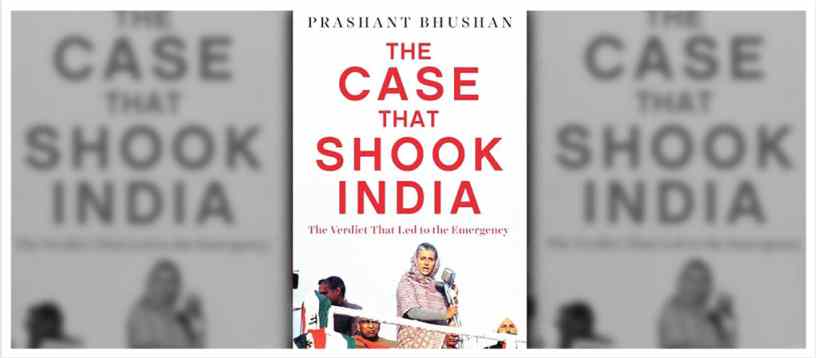
Several members of Parliament were not present when the 39th constitutional amendment was enacted because they were being held in preventative custody. The amendment gutted the fundamental structures of judicial review and separation of powers.
Article 368 does not provide the parliament the authority to decide on any issue by amending the constitution. Article 324A (4) is claimed to be under the jurisdiction of the judiciary and is thus not covered by Article 368. The amendment obliterated the concept of equality; there should be no distinction between those in high positions and those elected to Parliament. According to Raj Narain, many opposition leaders were held in preventative custody, preventing them from voting in legislative proceedings or expressing their ideas when the 39th amendment was approved, and hence the statute should be repealed.
The court determined that the subject involved both Houses of Parliament and that the court could not intervene and judge the constitutional legitimacy of the topic. It was also highlighted that under Articles 352 and 359, the President did not approve any detention. There is no other prohibition, and the Parliament operated within the authority of Article 368 when it drafted the election rules, therefore the statute’s constitutional legitimacy is solely dependent on the existence of legislative powers and the constraint imposed by Article 13.
Furthermore, the Parliament has the authority to limit the amount of money that may be spent in elections, as well as to specify which costs are allowed and which are not. It can also decide what constitutes a profit-making office, what constitutes corruption, and what the members’ position is. If the legislative modification has a retroactive impact, it is acknowledged as a standard procedure that is difficult to accomplish but unavoidable. In such circumstances, when the law has a retroactive impact and was in existence in the past, there can be no discrimination or injustice based on the fact that the legislation is retrospective.
Validity Of The Election Of Indira Gandhi
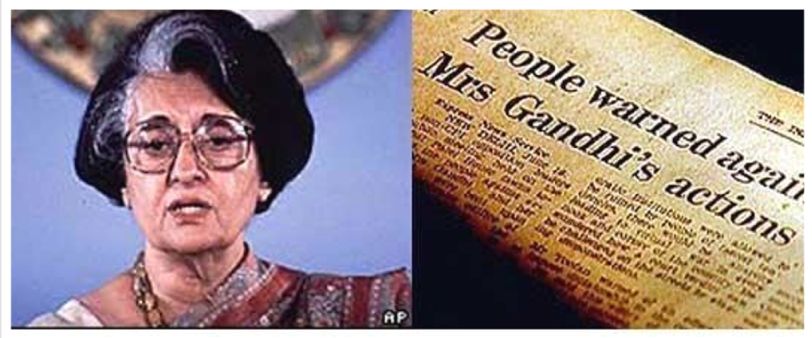
The Supreme Court ruled that a “candidate” as defined under Section 123(7) of the People’s Representative (Amendment) Act, 1975, as a person who files nomination papers. It was thus decided that because Indira Gandhi submitted her nomination on February 1, 1971, any support or assistance she received from government officials or the military forces prior to that date was not considered corrupt.
The Court further determined that Yashpal Kapoor submitted his resignation letter to the President on January 13, 1971, which was acknowledged on January 25, 1971, and took effect on January 14, 1971, as indicated by a notice issued on February 6, 1971. On February 1, 1971, Indira Gandhi appointed Yashpal Kapoor as her election agent. After the 13th of January 1971, Yashpal Kapoor ceased to be a government officer, hence the help he supplied to Indira Gandhi after that date was not a corrupt act.
Raj Narain claimed that Yashpal Kapoor made a series of speeches in favor of Indira Gandhi from January 7 to January 25, 1971; however, the court found no evidence that he made such remarks with Indira Gandhi’s approval. According to Section 77 of the People’s Representative Act of 1951, expenditures paid by a political party for the purpose of electing its candidates are not included in the candidate’s election costs. Similarly, a candidate’s involvement in a political party’s activity program will not be included in his or her election costs.
Judgment
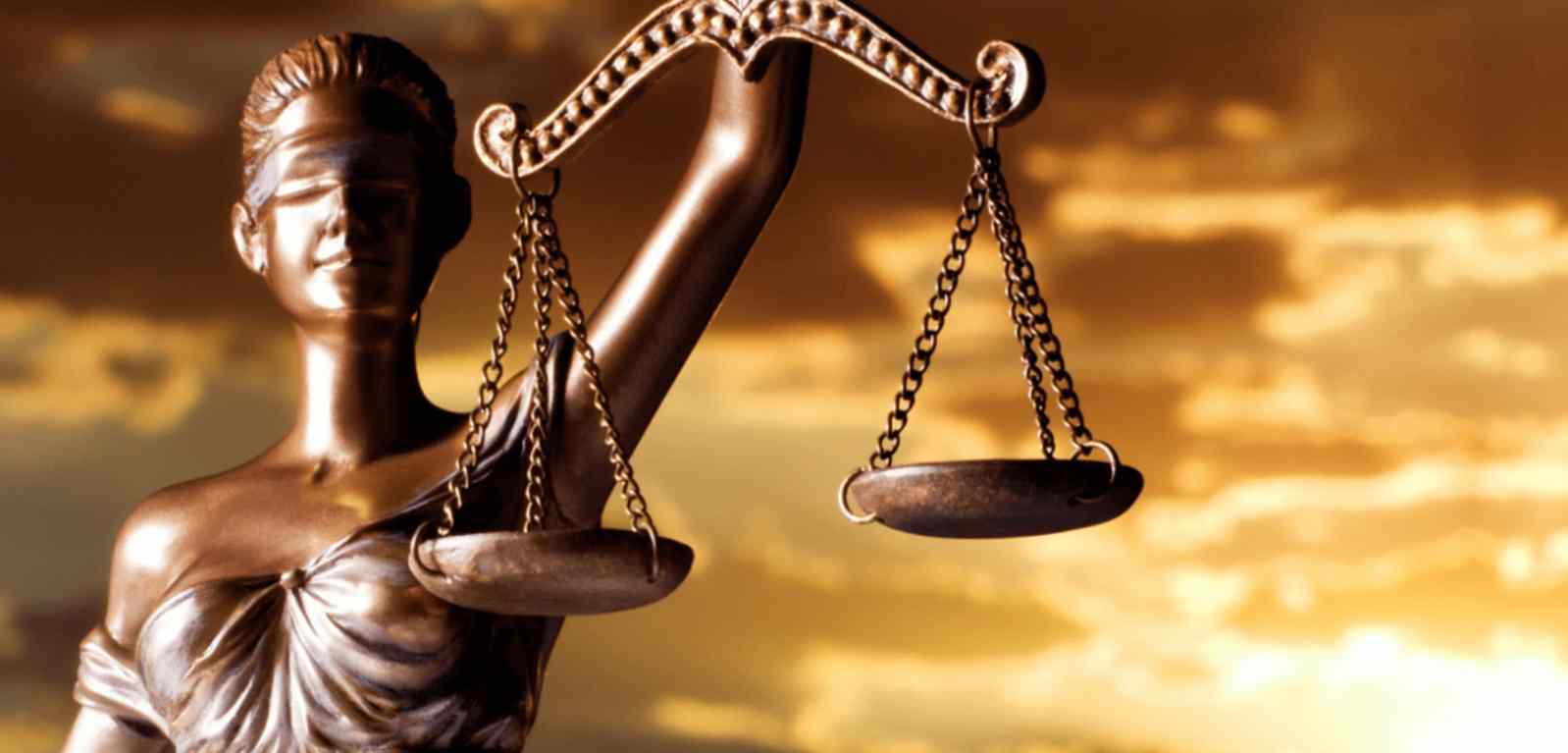
On November 7, 1975, the constitutional bench issued its judgment. The Supreme Court agreed with Raj Narain’s argument and found Article 329A clause 4 unlawful. Article 329A(4), in the words of Mathew J., “destroyed the core structure of the Constitution,” namely, “the settlement of an electoral dispute by collecting adjudicative facts and applying appropriate legislation.” “A healthy democracy can only operate when there is the potential of free and fair elections,” he said, “and the challenged amendment removed that possibility and so breached the Constitution’s essential framework.””The 39th Amendment is a violation of the concept of separation of powers because it intentionally moved a solely judicial function into the hands of the legislature,” Chandrachud J. concluded. Furthermore, he was confident that the aforementioned alteration violated Article 14 since it produced inequity for some members versus others.”
The aforementioned modification also breached another important component, namely the rule of law, according to Ray C.J., whilst Justice Khanna ruled that “the infringement of standards of free and fair elections.”The court also held that the amendment violated natural justice principles, such as audi alteram partem, by denying the right to a fair hearing to anybody disputing the election of the members specified in the amendment.
The Indian Constitution includes democracy as a fundamental characteristic. Parliament does not have the authority to adopt a statute recognizing an illegitimate election after the fact. This exercise is nothing more than a dictatorial display of unbridled and uncontrolled power.”As a result, the court declared the 39th (Amendment) Act, 1975 illegal and violated the Constitution’s essential structure for a variety of reasons. And the Supreme Court overturned the Allahabad High Court’s decision, acquitting Indira Gandhi of all corruption allegations and declaring her election genuine.
Critical Analysis
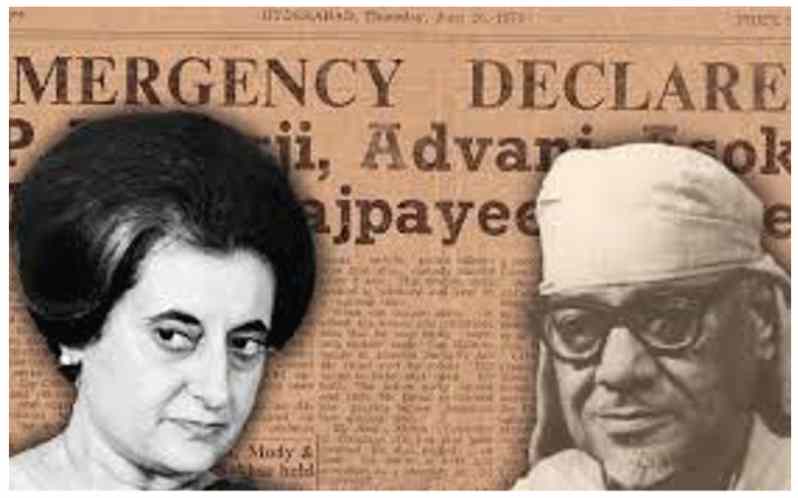
After hearing the judges’ reasoning for this circumstance and learning about the case’s background, I believe that the verdict was faulty on the grounds of justice, equity, and good conscience, despite the fact that it was logically correct. Indira Gandhi was aided by government officials and benefited from the military and aviation-based armed forces throughout her electoral campaigns. The Allahabad High Court found her guilty of violating Section 123(7) of the People’s Representative Act, 1951, by using government personnel and the military forces in her election campaigns and barred her from contesting elections for the next six years, rendering her election worthless.
In the meantime, Indira Gandhi obtained an unconditional stay order from Justice Jagmohan Lal Sinha and filed an appeal with the Supreme Court; in the meantime, she declared a state of emergency, which allowed her to easily remove opposition members, censor the press, and suspend some fundamental rights in the name of national security. She detained the key opposition leaders, allowing the 39th Constitutional Amendment to pass with ease. She signed the People’s Representative (Amendment) Act of 1974 and the Election Laws (Amendment) Act of 1975, which are now known as the Amendment Acts of 1974 and 1975, respectively.
The three revisions were clearly made to eliminate all of the grounds on which Indira Gandhi was declared guilty in the Allahabad High Court. The Supreme Court ruled that the Amendment Acts of 1974 and 1975 were intrinsically real because they were administrative standards that the parliament had been forced to update. However, the Supreme Court overlooked the fact that these amendments were made solely to remove the charges against Indira Gandhi. Similarly, there were no debates on these changes since many opposition leaders were held under preventative custody at the time, making it impossible for them to vote against them. The Supreme Court was mistaken in claiming that it was a matter for Parliament and that the Supreme Court could not deal with such a topic. The Supreme Court’s job is to protect the constitution; it is known as the constitution’s watchdog. Here, the constitution was being tampered with illegally, but the Supreme Court refused to hear the case, claiming it was beyond its jurisdiction, which was an indication of political sway.
Indira Gandhi was able to easily getaway thanks to these Amendment Acts. She took use of the powers bestowed upon her as Prime Minister for her personal gain. The revisions addressed all of the accusations brought against her by the Allahabad High Court. She also ensured that Yashpal Kapoor’s resignation was valid under Section 8(b) of the Amendment Act, 1975, by amending Section 123(7) of the People’s Representative Act to include Explanation 3. These two alterations made it easy for her to show that she didn’t rely on Yashpal Kapoor’s assistance when he was a Gazetted Officer. Along these lines, I believe the Supreme Court handled this matter carelessly. When Raj Narain appealed for equity, all the Supreme Court could do was give him extensive unnecessary argumentation about how the problem was out of its domain. Indira Gandhi had misused her authority to change the exact statutes that charged her with corruption, and the Supreme Court remained silent.
The Hon’ble Supreme Court was well aware that Indira Gandhi had made the adjustments to meet her political needs and had established an unusual state of emergency to avoid being found guilty. Raj Narain had to wait years for an answer, and all he received was unfavorable reasons. Nonetheless, the Supreme Court supported the constitution in several ways, striking down clauses 4 and 5 of Article 329 as being unconstitutional.
Top 13 Controversial Facts
This was a lawsuit that arose as a result of the 1971 Prime Ministerial elections. Indira Gandhi was proclaimed the winner by a large margin, with a majority of 352 seats out of 518.
She was running for the seat of Rae Bareilly, where she was up against Raj Narain.
Raj Narain was optimistic that he would win the election, but when the results were announced, he was disappointed to see that he had come up short.
As a last option, he filed a suit in the Allahabad High Court alleging that the elections had been rigged and that Ms. Indira Gandhi had cheated to win.
She was accused of breaking the code of the People’s Representation Act of 1951, as well as exceeding the maximum campaign spending limit, by enlisting the help of the armed forces and police, as well as utilizing official vehicles in her election campaigns.
Under S. 123 (7) of the Representation of People’s Act, 1951, Justice Jaganmohanlal Sinha of the Allahabad High Court held her guilty of malpractices and abusing government machinery. The Allahabad High Court, citing this rationale, issued an order prohibiting her from running elections for the next six years.
In response to an appeal to S.C., S.C. granted an exceptional stay until August 11, 1975, while it was on vacation.
However, India’s then-President, Fakhrudeen Ali, imposed a state of emergency across the country, alleging domestic unrest.
On August 10, 1975, he also enacted the 39th constitutional amendment, which included Art. 329-A, which barred the Supreme Court from considering electoral disputes involving the President, Vice-President, Prime Minister, and Speaker of the Lok Sabha.
The decision, in this case, was well-received since it demonstrated that the court exists to serve the people and preserve their rights, not only the parliament. The rule of law was respected, and the constitution was safeguarded against tampering.
It established that citizens had access to free and fair elections, and it made it plain that the court is entirely responsible for determining whether or not an election is genuine.
The court demonstrated that parliament cannot carry out the tasks of the judiciary, and instead bolstered the causes that made separation of powers necessary for our country’s proper working.
The judges showed great bravery in issuing a verdict that endangered the governing party, especially given the fact that the country was under a state of emergency.
Some FAQs Or Also Ask Question
What led to the emergency in India?
The Emergency in India was a 21-month period from 1975 to 1977 when Prime Minister Indira Gandhi had a state of emergency declared across the country. Officially issued by President Fakhruddin Ali Ahmed under Article 352 of the Constitution because of the prevailing “internal disturbance”, the Emergency was in effect from 25 June 1975 until its withdrawal on 21 March 1977. The order bestowed upon the Prime Minister the authority to rule by decree, allowing elections to be canceled and civil liberties to be suspended. For much of the Emergency, most of Indira Gandhi’s political opponents were imprisoned and the press was censored. Several other human rights violations were reported from the time, including a mass forced sterilization campaign spearheaded by Sanjay Gandhi, the Prime Minister’s son. The Emergency is one of the most controversial periods of independent India’s history.
What was the case of Indira Gandhi's emergency?
Indira Gandhi v. Raj Narain
When was the first emergency declared in India?
Till now, India proclaimed 3 times National Emergency from 1962 – 1977. The first Emergency was declared during the Indo-China war in (26th October 1962 -10th January 1968). by President Sarvepalli Radhakrishnan. The second Emergency was declared during the Indo-Pakistan war in (3rd December 1971 – 21st March 1977) by President V. Giri.
WHO declares an emergency in India?
Indira Gandhi’s government declared a state of emergency in India on 25 June 1975
Types of emergency?
Emergencies Get the facts about all types of emergencies that could affect you and your family. Learn about each threat and what steps to take to deal with it. An emergency can happen at any time and in any place. Knowing the facts can help you be prepared for these emergencies and help you to stay safe. Biological Emergencies These include diseases as well as biological agents that may be used for terrorism. Chemical Emergencies These include harmful chemical spills and chemicals that are used in acts of terrorism. Radiological Emergencies These are emergencies involving the release of radiation that could harm people’s health. Weather and Home Emergencies These are emergencies involving potential hazards such as winter weather, extreme heat, flooding, or carbon monoxide.


